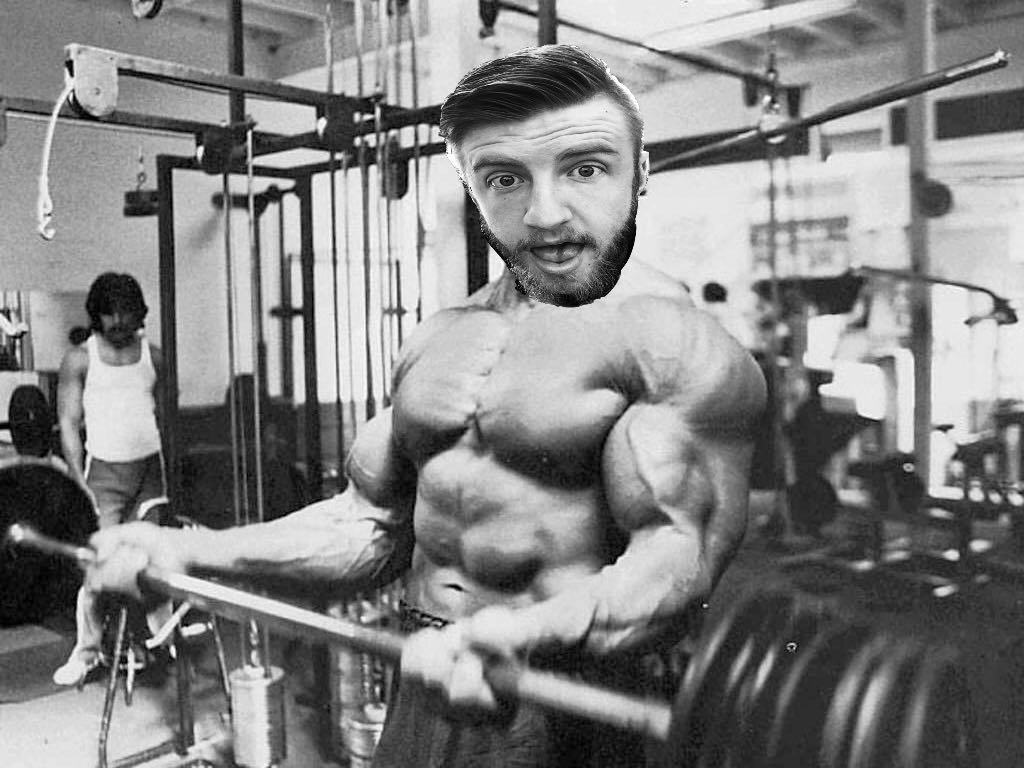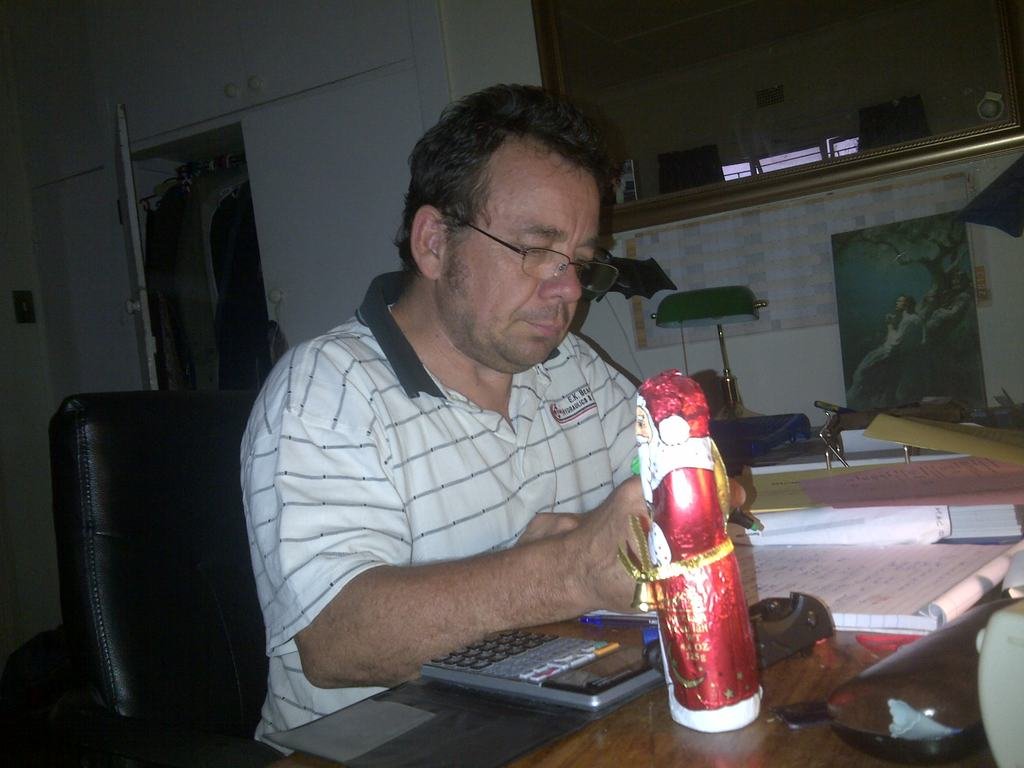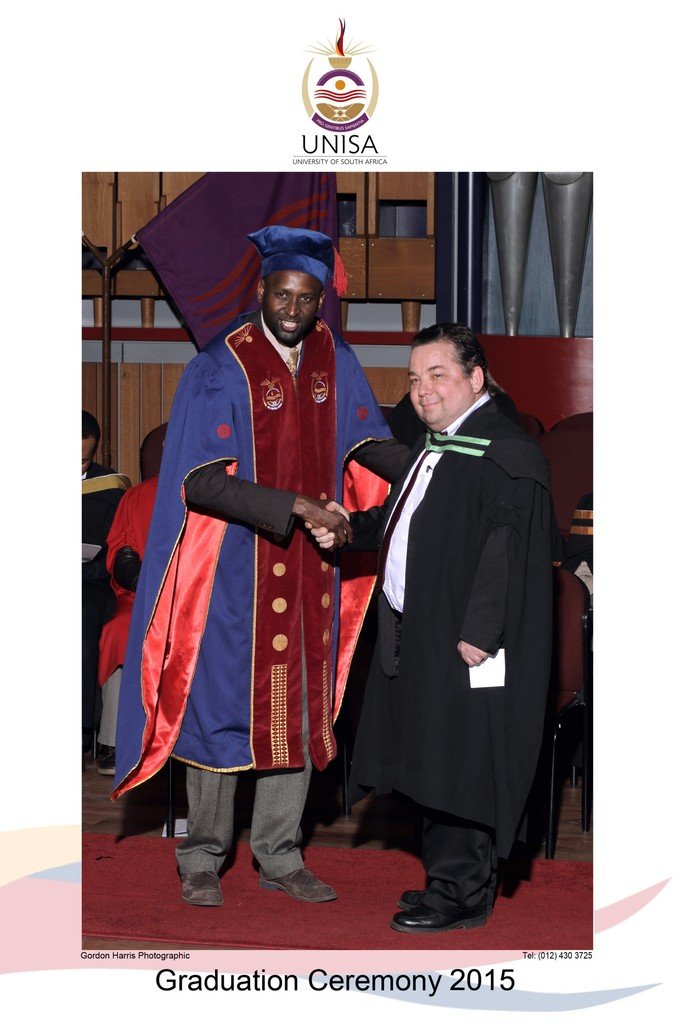Pain – a Friend in Disguise?
I went to the dentist yesterday. One filling, not too much pain but next was the nasty one with the extraction of the old rotten crown. Due to the age of the crown, the tooth had become brittle. So the tooth snapped off at the jaw bone as the dentist had expected. Then much digging and drilling to remove the root. My teeth have always been poor quality (I tease my mother that it was due to lack of milk when I was growing up). Probably the term growing up is an exaggeration in my particular case. The pain was quite something and I was wondering if I could hang in there until the dentist completed his task. I found my fingers gripping the pockets of my tracksuit pants with great intensity...
Those of you who may have read some of my preceding articles will remember that I am not a heroic figure of any sort. I try avoid conflict at all costs; this caused me have doubts regarding my “bravery” and I took up boxing when in the air force to see if I could be punched or punch someone else. It never really satisfied my doubts regarding the opinion I had of myself. My philosophy when I was a teenager was to learn from the mistakes of others and avoid their pain/stupidity. It seemed to be a pretty smart approach but life has taught me quite a few different perspectives.
Our society, particularly Western civilisation, seems to follow the approach of avoiding pain at all costs and to seeking to maximise their comfort levels. From what I have seen is that wealth is a key driver of capitalism and the acquisition of “material things” seems to allow those who are really successful at this process to be acclaimed by society as the ideal benchmark.
Yet the extremes of following this approach often seem not to bring contentment. It is as if the human being needs pain for development to occur. The sports person or body builder may have the cliché of “no pain, no gain”, yet this applies in almost every area of life that can be considered.
I was a chess player who was pretty good amongst his peers and eventually dominated all opponents. But, I lost something along the way. In the beginning when I played chess, losing was a positive driving force for me to improve, but the better I became the less sweet the victories, and the greater the pain of defeat. This flaw in my psyche eventually drove me away from chess for many years. Then my chess skills became a shadow of what they once were; my attempts to avoid pain caused irreparable damage to my ability. If my character was better able to cope with defeat I would have continued to play chess at a much higher level. My ego was self destructive and what it sought to protect me from actually accelerated the decline.
I believe this analogy can be applied to Bobby Fischer, and his life was a tragedy after that brilliant achievement of becoming a world champion in Reykjavik in the early 1970’s.
So I could have avoided the painful extraction at the dentist, but the consequences would have become more severe the longer I procrastinated, so either “pay now and play later or play now and pay later”.
Now this perspective also relates to the charismatic religions of Christianity, where it is easier to apply some of Paul’s words while ignoring the stricter requirements as laid down by the Saviour in the Gospels of the New Testament. A profession of belief from one’s lips is much easier and less pain filled than adherence to the commandments as laid down by Christ because changing one’s behaviour is far from easy. Of course this is my observation in our society of the “instant coffee” solution. Nature is replete with requirements that take longer, like no-one could ever expect to harvest crops before they were planted; a quick loan to acquire something immediately and pay for it later is the current financial time bomb hanging over all our heads.
Pain is a mechanism where indelible impressions are made upon the character. Pain seems a profound way to learn empathy for the suffering of another. For example, my cars over the last decade or so have been quite a disaster, so what? you may ask. Now days when I see some poor fellow battling with a broken down car and pushing it in busy traffic, I am patient with the delay caused and even feel sorry for him; quite different to my prior attitude when my cars were of a good quality.
Relationships are also an area of pain, particularly for me when it involved open and honest communication with my partner in the early years of our marriage; she would want to clear the air NOW and not later. When I was single and something irritated me, I would allow the steam (not steem)of the problem to dissipate with the passage of time. So I have had to bear the agony of full and honest emotional disclosure immediately, not the old way of a “stiff upper lip” where an even disposition was to be commended in my formative years.
I have seen the benefits in the characters of my children where their focus has been academic excellence at the cost of fun. Their time to play will still come and they will be able to play for much longer than I was able to do, they are prepared to take the pain of commitment and sacrifice now.
When I was studying honours in accounting a few years ago, the approach required by our lecturers was definitely painful to me. For background you need to realise that “the accountant type” likes to think that they must know something before attempting to answer the question; they must study that aspect beforehand. Yet that approach certainly guarantees failure. You have to get out of your comfort zone and answer the question without preparation. Seems insane doesn’t it? But time is the enemy of the honours student, when studying before attempting to answer a question, too much time is wasted relearning material already known. Another poor approach is the “Oh Ja” method (the “Oh Yes” method) where the answer is quickly scanned and it seems self evident to the student’s prior knowledge, yet the development for the student is virtually zero.
So the painful approach required is this:
- keep a strict watch of the time in answering the question
- when time has expired, change colour pen and continue until all knowledge is exhausted.
- mark answer with another colour pen, noting results within time limit, and total marks achieved.
- be honest in assessing your answer, it is sooooo easy to rationalise and mark up one’s answers.
- then go study the areas where your weaknesses are exposed, this will help skills and knowledge growth, if one cannot be honest, they will certainly not pass.
Another area for myself is reducing and stopping quite large doses of pain medication that was required for post cancer/surgery. This has difficult, both mentally and physically, but I have found that after the suffering, the pain levels are reduced. In contrast there are those who are so afraid of pain that they continue to increase their levels of medication and they can never stop being addicts. This is the debilitating effect of trying to avoid pain at all costs; so who will continue to feel pain? The answer is tragically evident.
For me a key in using pain to develop is honesty, an introspective tool that sheds layers of self deception; the biggest victim of the liar is the liar themselves. Lying often has the purpose of denying consequences.
One of my favourite science fiction authors is Frank Herbert. He wrote the dune series with Paul Atreides. This hero’s approach to fear was to face the storm and to allow it to wash over him and through him. Fear is the mind killer and if one sought to avoid it, their lack of humanity was exposed. A fitting closing concept.




